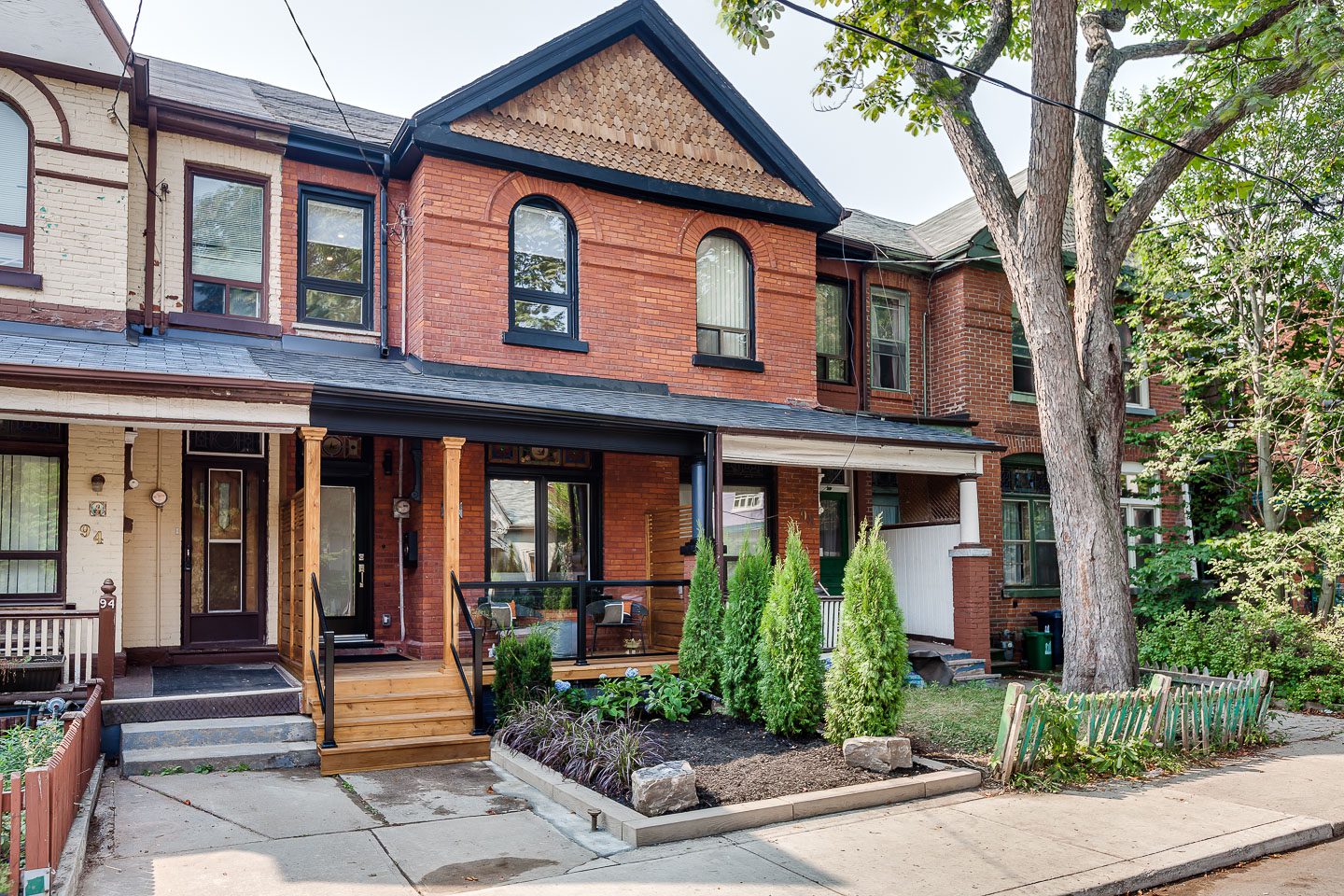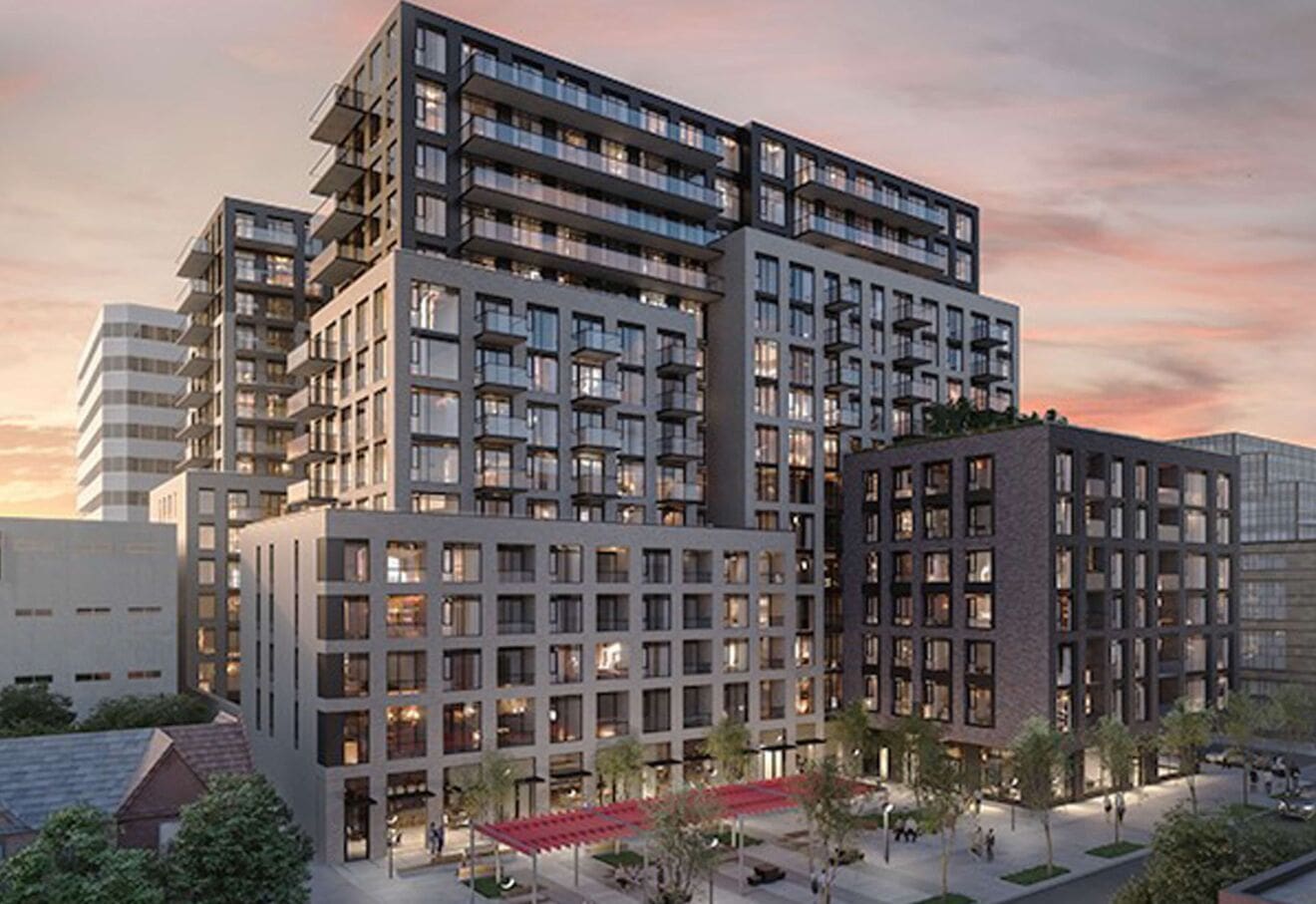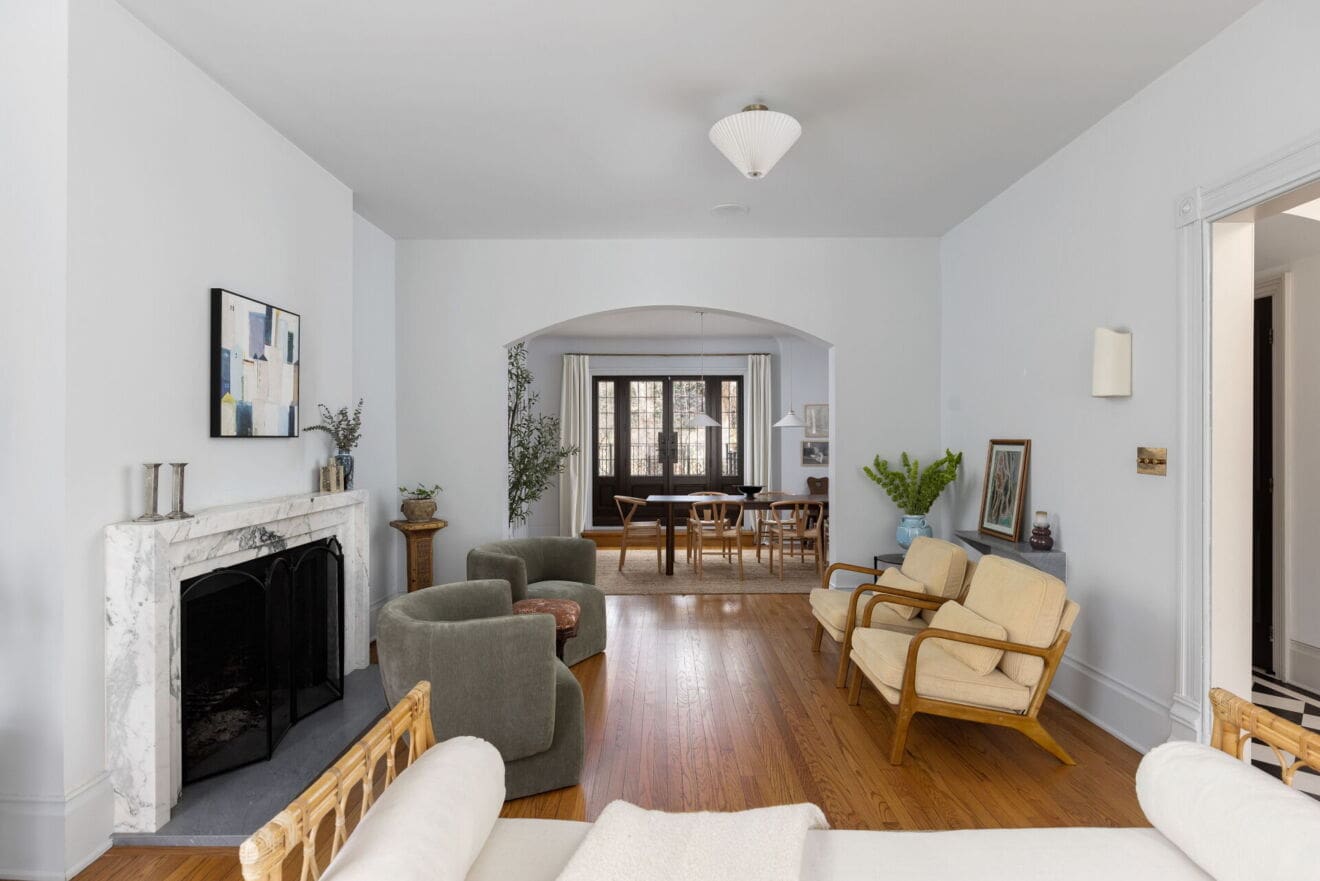
Getting a mortgage pre-approval is something we always list as the first step in any house-hunting process. Before you start looking online, or cruising neighbourhoods, you need to know how much you can spend and how much you can afford.
Once you have your numbers firmly in mind, it’s time to start down the exciting road of finding your next, or first home. But there are some other things you’ll need to be aware of as you get ready to make the biggest purchase of your life.

Mortgage Term and Amortization Period Explained
Before we get into the different types of mortgages, we wanted to take a minute to explain the difference between mortgage term and amortization period. Many people get confused by these two and it’s important for you to know what they are before you get a mortgage.
Mortgage Term is the length of time you commit to the mortgage rate, lender, and associated mortgage terms and conditions. The term you choose has a direct effect on your mortgage rate. Short-term rates have historically proven to be lower than long-term mortgage rates.
When the term is up and you still haven’t fully paid off your mortgage, you must renew your mortgage on the remaining amount. At this time, you can choose to change the mortgage term and type of your “new” mortgage.
Typically, mortgage terms can be as short as 6 months or as long as 10 years.
The mortgage amortization period, on the other hand, is the maximum length of time you will have to pay off your entire mortgage.
Remember, the mortgage term is the length of time you are bound to the conditions of the current mortgage contract (and rate). The amortization period is how long you have to actually pay off your entire mortgage loan from start to finish.
The maximum amortization period in Canada is 30 years. However, if you want to get an insurable mortgage, your maximum amortization period must be no more than 25 years. If you are getting a high-ratio mortgage (down payment under 20%), then a maximum amortization period of 25 years is actually a requirement.
Longer amortization periods reduce your monthly payments, as you are paying your mortgage off over a greater number of years. However, you will pay more interest over the life of the mortgage.

Fixed vs. Variable Rate Mortgages
Fixed Rate Mortgage
With a fixed rate mortgage, the mortgage rate and payment you make each month will stay constant for the term of your mortgage.
Fixed rate mortgages provide you with a set and stable rate. This makes budgeting easier since you know exactly how much your mortgage payment will be throughout the entirety of your mortgage term.
However, in general, fixed rates tend to be higher than variable rates because you are paying for the stability of a set rate.

Variable Rate Mortgage
With a variable rate mortgage, your mortgage rate will change together with the prime lending rate (of your lender).
A variable rate will be quoted as Prime +/- a specified amount (such as Prime – 0.45%). Though the prime lending rate may fluctuate, your rate’s relationship to prime will stay constant over the term of your mortgage.
When the prime rate changes, your mortgage payments will either change with it or the interest portion of the payment will change.
Though variable rate mortgages are usually lower, they come with financial uncertainty. Prime rates can change multiple times a year, depending on the economic situation in the country. Significant increases in the prime rate throughout your mortgage term will increase your interest payable and thus, your overall financial burden.
Which Type of Mortgage Rate is Best for Me?
Think of the difference, or spread, between fixed and variable mortgage rates as the price of insurance that mortgage rates will not increase (i.e. remain unchanged).
When rates are low and are not expected to go much lower, it makes practical sense to lock in a fixed rate. This is because variables rates will, at best, stay the same, or increase.
On the other hand, if you expect the prime rate to fall with some certainty, then a variable rate would appear preferable, because then you’d be able to absorb the benefit of paying lower interest within your mortgage term.
Similarly, if the difference between the variable rate and the fixed rate is quite significant, it may not be worth paying the premium for the stability protection of a fixed rate.

If you’re just starting this important step in your house-hunting process, we would also recommend working with a seasoned mortgage broker. They not only have access to all of the bank rates, but to other lenders that you may not have heard of that have great product offerings. Then you’ll be on your way to securing your dream home that you are comfortable paying for, without any stress each month.

TRB Education Hub
Get the real estate resources you need to succeed. Visit our education hub for market insights, guides, podcasts and more.




